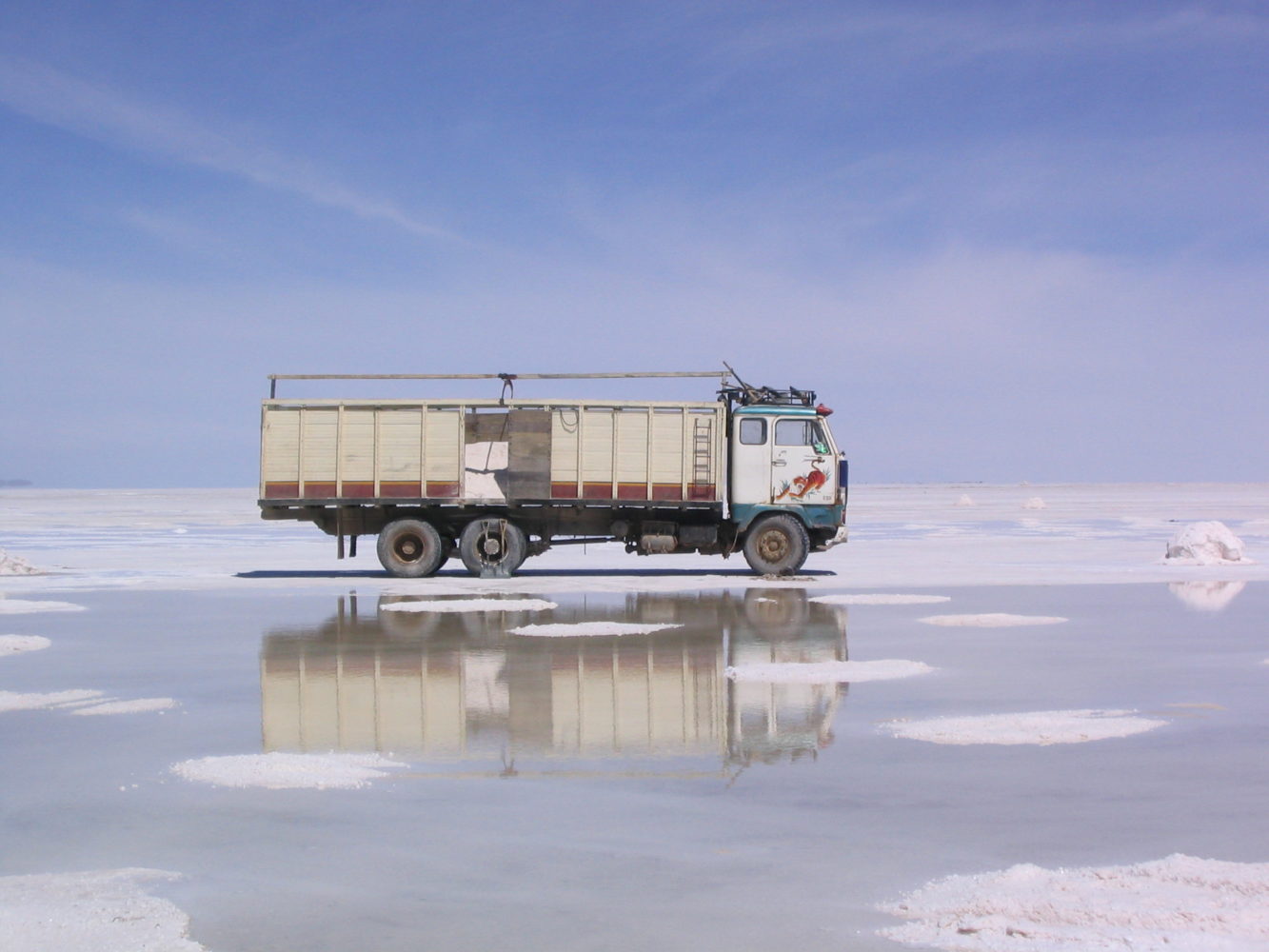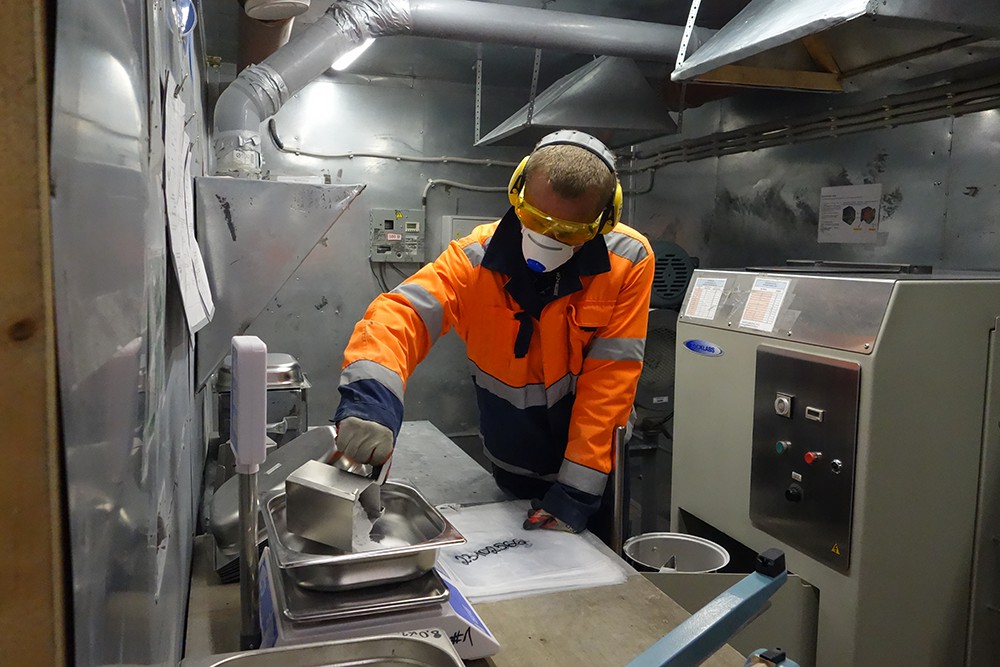
Lithium Nearing Production
back to contentsIn mid-September, Uranium One Group (part of Rosatom) and the Bolivian state-run company Yacimientos de Litio Bolivianos (YLB, ‘Bolivian Lithium Deposits’) signed a contract in Bolivia’s capital La Paz. The contract provides for Rosatom to build a lithium carbonate plant at the Salar de Uyuni (Uyuni Salt Flat) in the Potosí department. The new project adds to the expansion of mutually beneficial cooperation between the two countries.
Advantages of the technology
The contract provides for the production facility to be put in operation in the second half of 2025. Its capacity will be increased gradually to reach the rated output of 14,000 tonnes of lithium carbonate per year. The extraction plant will be located at an altitude of 3,650 meters above the sea level.

Lithium will be extracted from the brine using a Russian-designed direct lithium sorption (DLS) process, which proved to be effective and safe for the Bolivian salt flats. What makes the DSL process different is that it does not involve aggressive reagents. Instead, fresh water is used in a closed system. This means that wastewater is not discharged into the environment, but recycled continuously and reintroduced into the process. Having passed through the production cycle, the spent brine is virtually identical to the original natural brine in its chemical composition (except, of course, for the lithium extracted) and therefore has no impact on the ecosystems. This aspect is crucial for preservation and sustainability. Another fundamental difference between the Russian technology and the conventional evaporation process is that the former does not depend on weather conditions as it does not use evaporation ponds. Finally, the extraction process is fully automated.
Bolivian context
Bolivia pursues exponential growth of its lithium industry and deeper industrialization of the national economy. On this path, the country relies on the engineering solutions, accumulated expertise, production capabilities and technological know-how of Rosatom Group companies and other leading Russian manufacturers.
Uranium One Group seeks to expand ties with the local expert community as part of an agreement signed in 2023 with the Tomás Frías Autonomous University (UATF). The technical group established by the parties is engaged in fundamental scientific research and is tasked with the development and improvement of selective lithium extraction solutions for natural brines. This work involves faculty, researchers and students majoring in different fields of knowledge.
Apart from academic efforts, Uranium One Group and YLB launch humanitarian and charitable initiatives and hold regular events for local communities, trade unions, public organizations and educational institutions in Bolivia, raising public awareness of lithium projects and their role in improving the well-being of local residents.
When launched, the lithium projects will ensure a stream of regular tax income to the local and federal budgets, improve transportation and energy infrastructure, contribute to better training of local professionals, and give an impetus to the development of related businesses (including tourism) and culture of the Bolivian Altiplano. All of this will surely strengthen and expand the long-standing successful cooperation between the two countries, Uranium One Group believes.
Sectoral context
Rosatom is building an end-to-end technology chain, spanning from lithium mining to high-tech lithium-based products. The Russian nuclear corporation participates in lithium mining projects in Russia and around the world. In Russia, this includes a joint project with MMC Norilsk Nickel to develop Kolmozerskoye, one of the world’s largest lithium deposits located in the Murmansk Region. With geological surveys completed, the parties are analyzing technical and economic parameters of the project and working on the engineering design of the production facilities and infrastructure.
On the global scale, in addition to the lithium program in Bolivia, Rosatom is considering partnership opportunities in Mali. Speaking at this year’s Russian Energy Week, Mali’s Minister of Economy and Finance Alousséni Sanou said he intended to establish a strategic lithium mining partnership with Russia so that the country would be able to produce lithium-ion batteries within 6 to 7 years.
In addition, Rosatom is building two lithium-ion battery factories in Russia to deliver on its goal of establishing an end-to-end lithium supply chain. Some Rosatom Group companies are working on power and transportation applications of lithium-ion batteries. Rosatom is also among the world’s leading manufacturers of high-purity metallic lithium.
Apparently, the lithium business is taking up an increasingly larger share in Rosatom’s business structure, and new local and international partnerships are nothing but logical in this context. The contract signed with the Bolivian company is therefore an important milestone in the Russian-Bolivian lithium program aimed at jointly establishing lithium production facilities in the country and building a long-term partnership based on mutual respect of interests.




